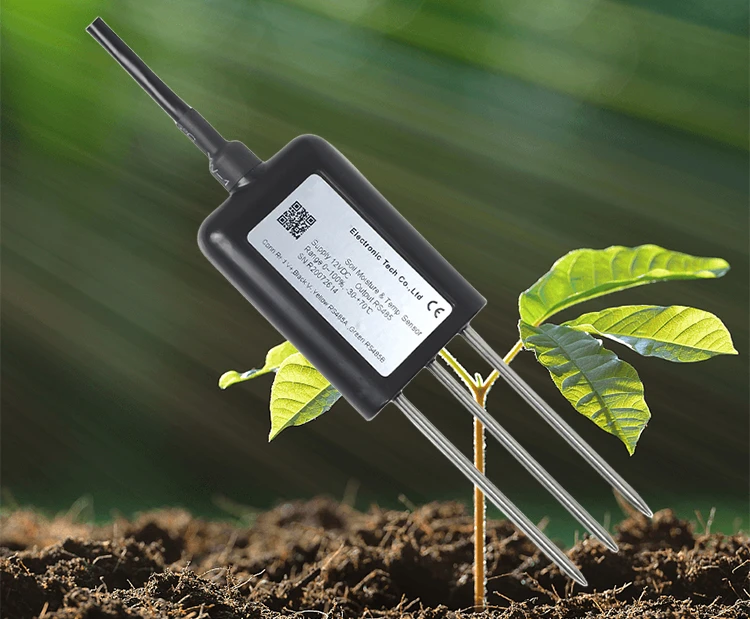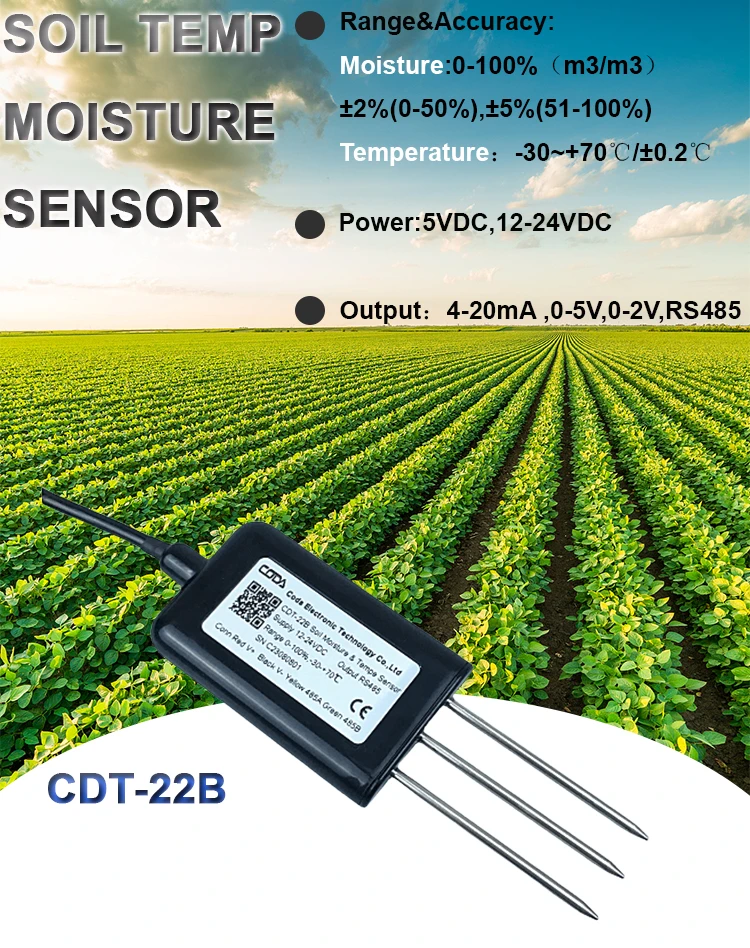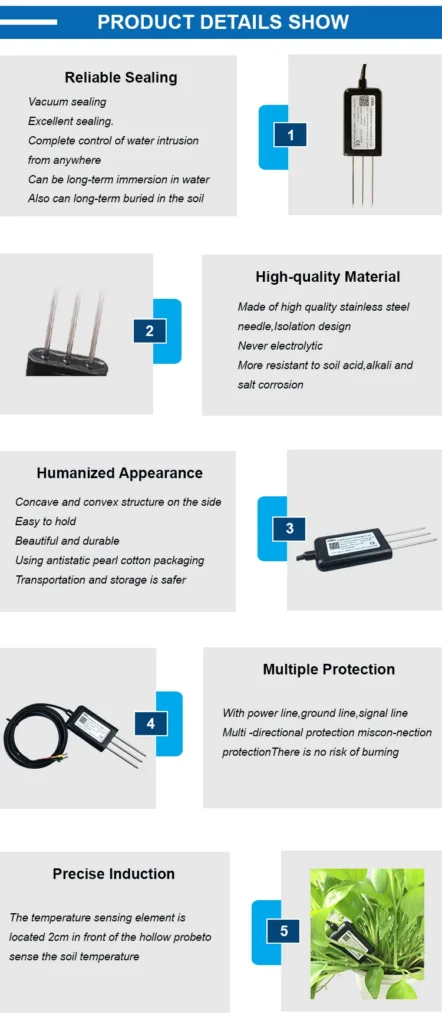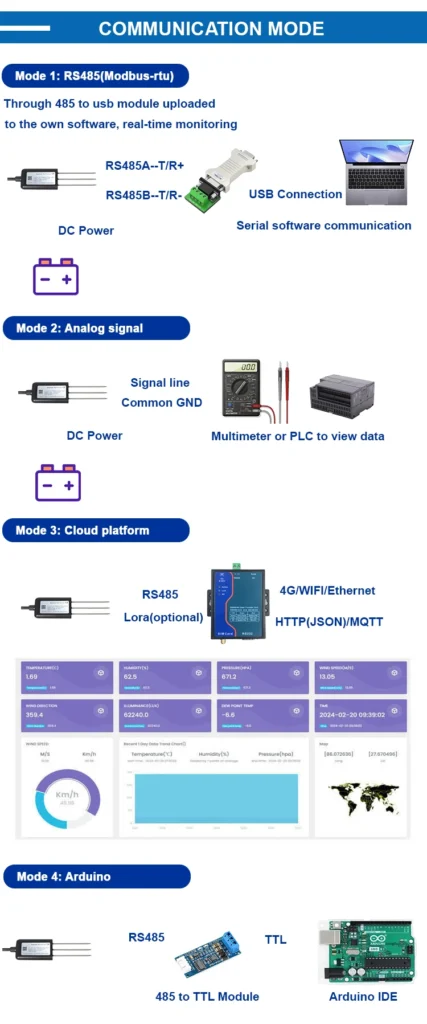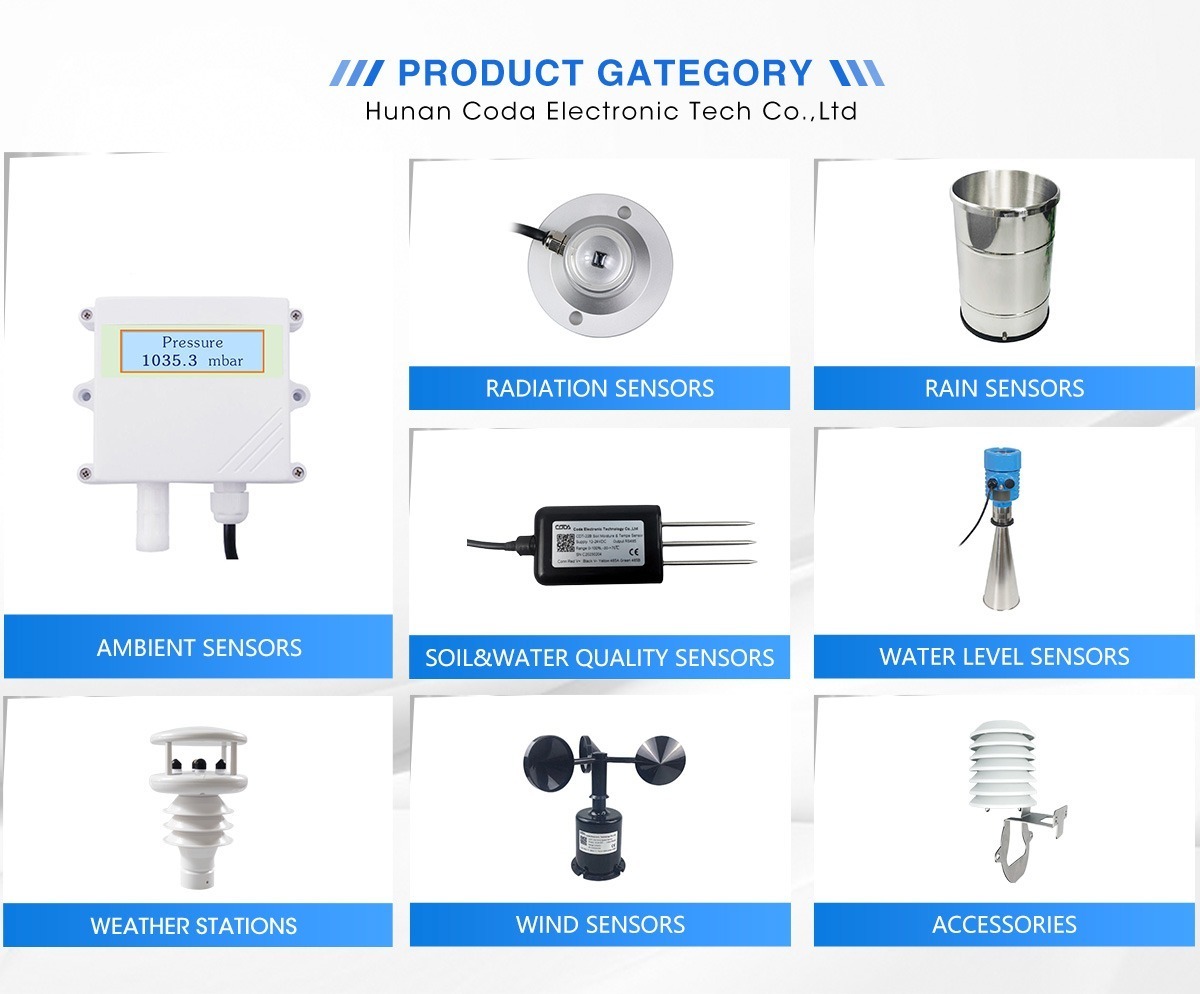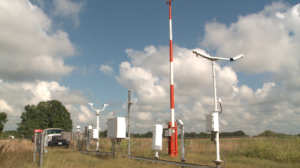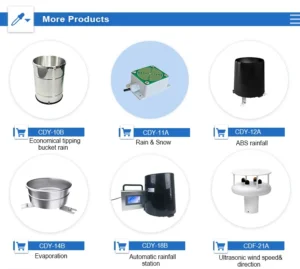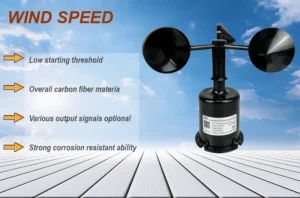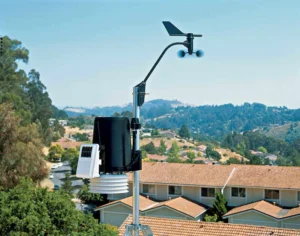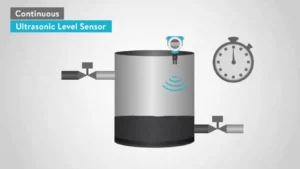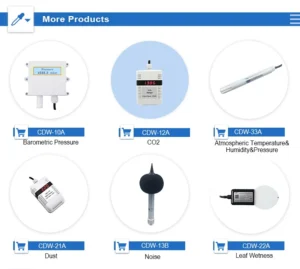Working Principle and Application Value of IoT Soil Moisture Sensors
An IoT soil moisture sensor checks how much moisture is in the soil. It uses IoT technology to send data without wires. These sensors are important for modern farming.
They give real-time information about soil moisture levels. This helps with remote monitoring and control. This article will explain how soil moisture sensors work and their benefits in various areas.
Understanding Soil Moisture Sensors
An soil moisture sensor has probes that go into the soil. These probes connect to a wireless module. The devices collect data on how much water is in the soil. IoT technology sends this data to a central system or cloud platform.
This lets farmers and agricultural experts check soil moisture temperature from a distance. They can make smart choices using this information.
Operational Principles of Soil Moisture Sensors
Wireless soil moisture sensors check how much water is in the soil. They check how well the soil can hold an electric charge.
This constant is linked to the moisture in the soil. Changes in soil moisture affect its electrical properties. This also changes the capacitance.
We place probes in the soil at different depths to gather moisture data. These probes send electrical signals that work with the soil. This helps us measure the capacitance that occurs.
We turn this data into moisture readings. Then, we send the information wirelessly to an IoT platform.
Applications and Benefits of Soil Moisture Sensors
1. Smart Irrigation:
These sensors provide real-time data about soil moisture. This helps farmers water their crops correctly. They can make watering schedules better and share water more effectively.
This cuts down on waste and makes things more efficient. These methods can improve crops, boost yield, and reduce irrigation costs.
2. Environmental Monitoring:
Soil moisture sensors help keep track of the environment. They check how wet the soil is in different ecosystems. This data helps assess drought conditions and track changes in soil moisture. It also highlights areas that need care for land management and conservation.
3. Urban Agriculture:
In urban farming and rooftop gardens, it can be hard to find water. Soil moisture sensors are very helpful. They let urban farmers check soil moisture levels from afar.
This helps make sure plants receive the right amount of water. As a result, crops grow healthier, and resources are saved.
4. Research and Education:
These sensors are important for science and learning. They help collect data on soil moisture. This data allows studies on how soil moisture affects plant growth and ecosystems. It helps improve practices for sustainable farming and land management.
5. Decision Support Systems:
Soil moisture sensors provide key information for decision support systems and farming models. They combine data with weather forecasts, crop models, and other key factors. This integration offers insights that help improve irrigation scheduling, predict crop water needs, and boost agricultural productivity.
Conclusion
IoT soil moisture sensors are changing how farmers check and manage soil moisture. These sensors use IoT technology to collect data in real-time. They allow for remote monitoring and support smart irrigation. They also help track the environment, support urban farming, conduct research, and make decisions.
This technology helps us use water better. It also boosts crop yields and supports efficient farming. Using these sensors in farming boosts productivity, saves water, and supports a sustainable future for agriculture.
